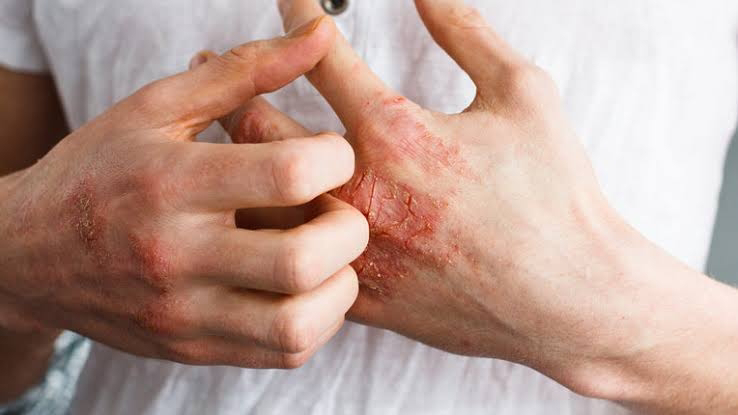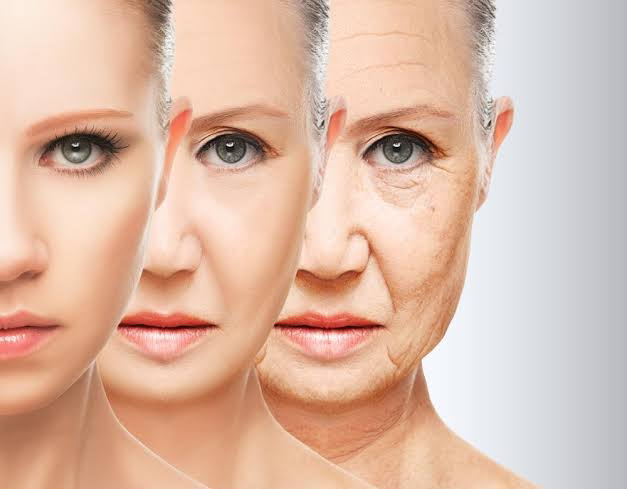Care of Hands for an Eczema Patient - Care of sensitive skin of Hands.
- Get link
- X
- Other Apps
Caring for Hands in Eczema: A Delicate Balancing Act
Eczema, a chronic skin condition marked by inflammation and irritation, can significantly impact the health and appearance of the hands. Proper care is essential for managing symptoms, preventing flare-ups, and promoting overall hand health in individuals with eczema.
1. Gentle Cleansing:
- Begin with a gentle cleansing routine. Use mild, fragrance-free soap and lukewarm water. Harsh soaps and hot water can strip the skin of natural moisture, exacerbating eczema symptoms.
2. Moisturize Regularly:
- Hydration is key for eczema-prone hands. Apply a thick, fragrance-free moisturizer immediately after washing to lock in moisture. Consider moisturizing multiple times a day, especially during dry or winter months.
- Keep bottles/jars of moisturizer close to the sink/basin.
- Keep moisturizer at multiple places(near your TV remote, bedside table, your place of work) at home, car and office .
3. Choose Appropriate Products:
- Opt for hypoallergenic and fragrance-free skincare products. Harsh chemicals and fragrances can trigger eczema flare-ups. Look for products labeled as suitable for sensitive skin.
4. Avoid Irritants:
- Identify and avoid potential irritants that can worsen eczema. This includes harsh cleaning agents, solvents, and chemicals. Wear gloves when engaging in activities that may expose your hands to irritants.
- Wear kitchen gloves while washing utensils or cleaning the house .
5. Be Mindful of Fabrics:
- Choose soft, breathable fabrics for gloves. Avoid wool or rough materials that can cause friction and irritation. Consider wearing cotton gloves at night after applying a moisturizer to enhance absorption.
- Use soft cotton towel or napkin for drying hands .
6. Temperature Control:
- Extreme temperatures can trigger eczema symptoms. Protect your hands from cold weather by wearing gloves, and use sunscreen in sunny conditions to prevent sun-induced irritation.
7. Short, Cool Baths:
- Limit the duration of baths or showers to prevent excessive drying of the skin. Use lukewarm water instead of hot, and pat your hands dry with a soft towel rather than rubbing.
8. Prescription Treatments:
- Consult with a dermatologist to explore prescription treatments for eczema on the hands. Topical corticosteroids or other medications may be recommended for managing inflammation during flare-ups.
- Avoid using over-the-counter preparations without consulting Dermatologist.
9. Avoid Scratching:
- Break the itch-scratch cycle by keeping nails short and wearing anti-scratch mittens at night, especially for children with eczema. Scratching can worsen inflammation and lead to potential infections.
- Check here to get an idea what is anti-scratch gloves. You can get it stitched from local tailor.
10. Emotional Well-Being:
- Acknowledge the emotional impact of eczema on mental health. Stress and anxiety can trigger flare-ups, so incorporating stress-reducing activities like mindfulness or yoga into your routine can be beneficial.
Conclusion: Caring for hands affected by eczema requires a gentle and comprehensive approach. By adopting a mindful skincare routine, avoiding triggers, and seeking professional advice when needed, individuals with eczema can manage symptoms effectively. It's a delicate balancing act that combines proper hygiene, hydration, and a proactive stance to promote the health and comfort of eczema-prone hands.
- Get link
- X
- Other Apps










Comments
Post a Comment